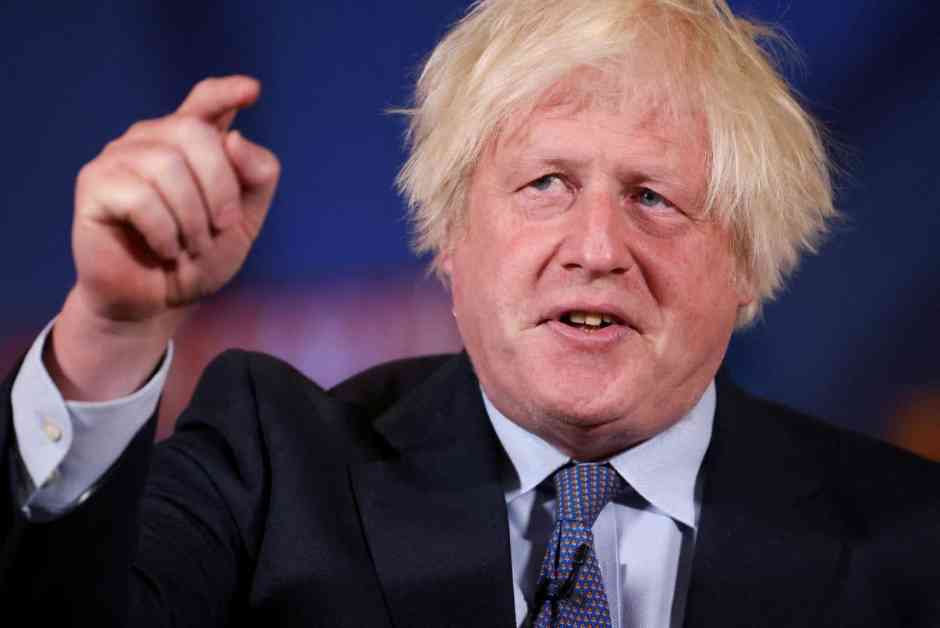Boris Johnson has been accused of initiating the deal to return the Chagos Islands to Mauritius by Liz Truss, shifting the blame away from herself. The decision to hand over the Chagos Islands in exchange for a 99-year lease on a key military base has sparked controversy, with Argentina now vowing to assert “full sovereignty” over the Falklands. Foreign minister Diana Mondino has promised to take “concrete action” on the disputed territory following the Chagos deal.
Amidst this geopolitical tension, the Labour government has announced a significant investment of nearly £22 billion to develop carbon capture projects in Merseyside and Teesside. This move is aimed at creating thousands of jobs, attracting private investment, and helping the UK meet its net zero targets. Prime Minister Keir Starmer sees this investment as a step towards revitalizing the industrial heartlands of the UK by supporting technologies like carbon capture and storage.
Former cabinet minister Sir Jacob Rees-Mogg has criticized the Labour government for jeopardizing western security by transferring sovereignty of the Chagos Islands to Mauritius. He expressed concerns about handing over territory to a nation with a complex relationship with the UK, especially given potential Chinese interests in the region. The Chagos Islands, including Diego Garcia, home to a crucial US-UK military base, were under British ownership since 1814 before the recent agreement with Mauritius.
Meanwhile, Chancellor Rachel Reeves is set to deliver her maiden speech at the Mansion House dinner in mid-November, following the presentation of her first Budget on 30 October. Expectations are high for significant tax increases as the government aims to fund ambitious projects like the carbon capture initiatives.
In a departure from traditional rhetoric, Ed Miliband, the Energy Secretary, has indicated that funds for the government’s green energy projects will be sourced through borrowing rather than strict austerity measures. This shift towards a message of hope and investment in green technologies is a notable change from the usual tone of fiscal caution.
Moreover, Miliband has shown openness to introducing annual targets for electric vehicle charging point installations across the UK to support the transition to greener transport options. This aligns with the government’s commitment to driving forward with environmentally friendly policies.
Overall, the political landscape in the UK is evolving rapidly, with debates over territorial sovereignty, green energy investments, and fiscal policies taking center stage. The decisions made by the government now will have far-reaching implications for the country’s future and its relationships on the global stage.












